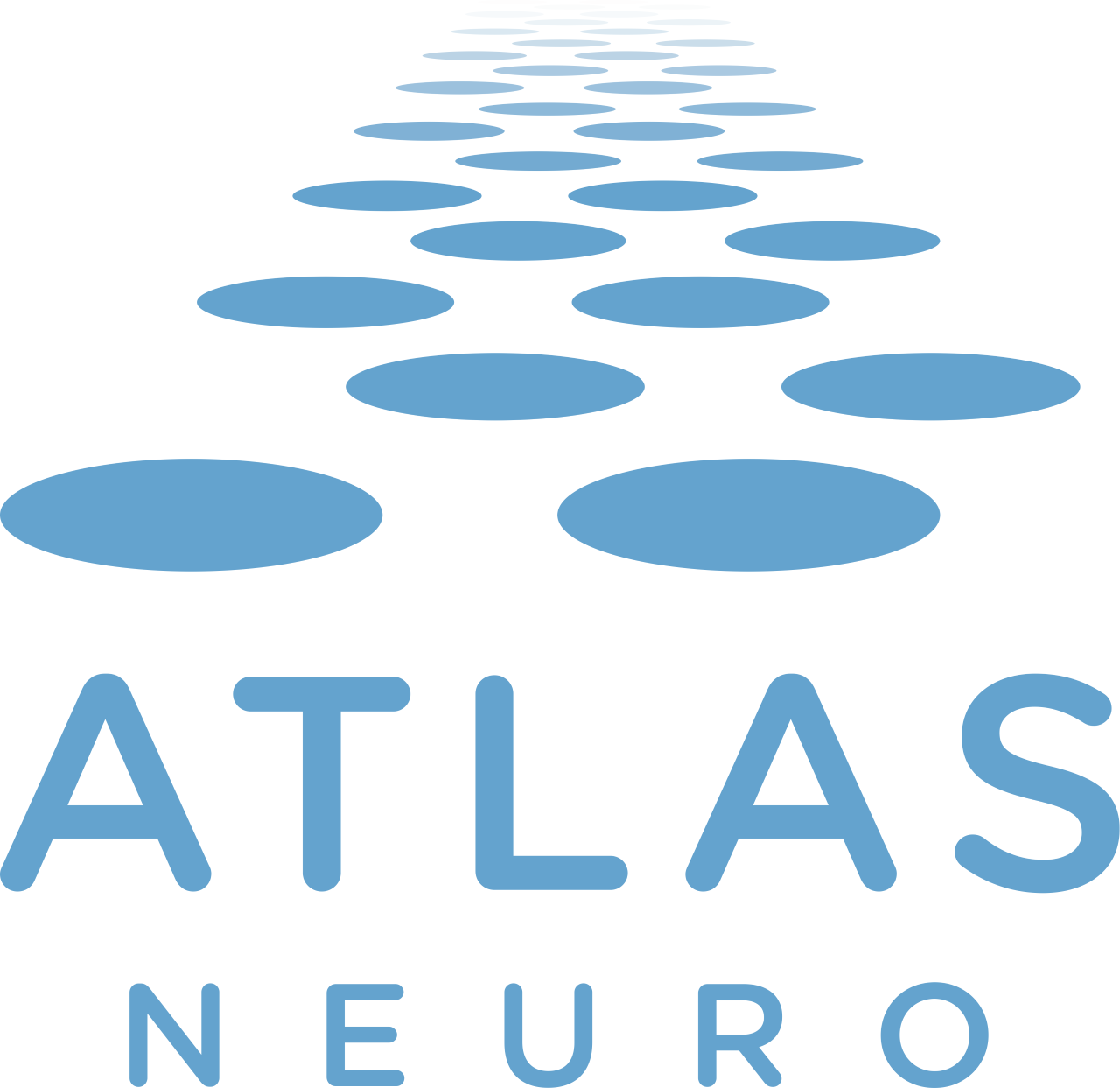Presentation (14) details
Assessment of adverse drug effects on cognitive function in cynomolgus macaques using an automated touchscreen-based mCANTAB device
FENS Forum 2024; June 25-29, 2024; Vienna, Austria
Abstract:
- As part of the preclinical development for novel pharmaceuticals that target the central nervous system, regulatory authorities often request an assessment of potential adverse effects on cognitive function.
- In this study, we examined cognitive function in a group of eight naïve male cynomolgus monkeys using an automated touchscreen device (mCANTAB). The aim was to assess its use under regulatory toxicity study conditions, and to characterize its performance in comparison to the Wisconsin General Test Apparatus methodology for object discrimination (Rose et al., 2015). Secondly, we investigated the effect of drug treatment (using the muscarinic receptor antagonist scopolamine) on mCANTAB performance.
- After initial touch training, animals were trained to a high level of stable performance on a two-alternative, forced-choice visual discrimination task. Subsequently, animals were divided into two groups, receiving either scopolamine or vehicle, followed by additional cognitive testing. Then groups were crossed over and animals were tested again.
- Our study shows that it is feasible to evaluate cognitive function using mCANTAB under the conditions of a regulatory toxicity study. Scopolamine impaired cognitive function on a series of discrimination tasks, but it did not interfere with delayed recall of previously learned discriminations.
















